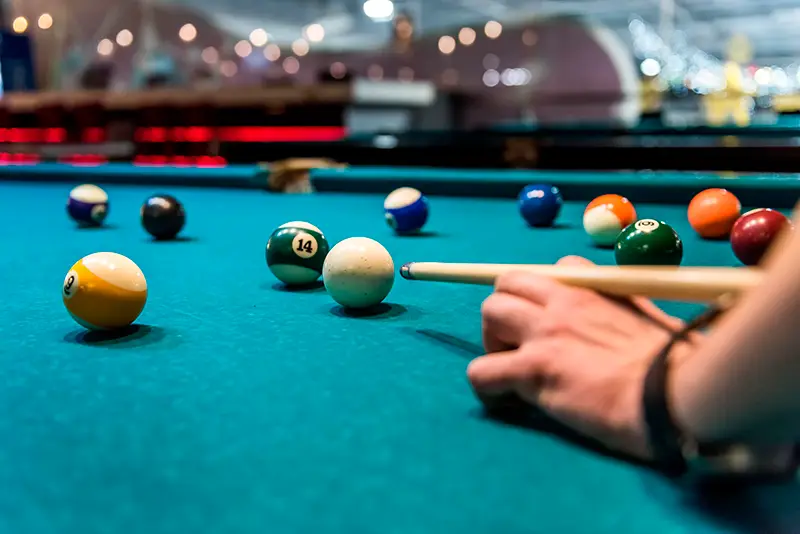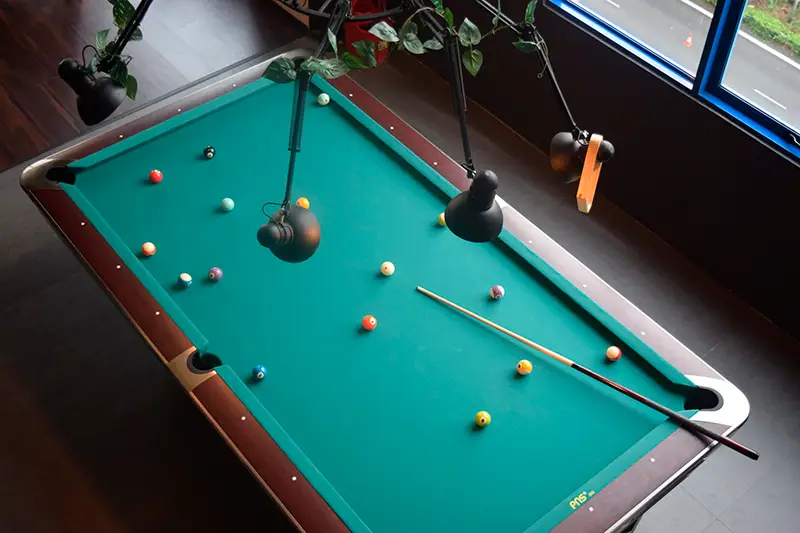Efren Reyes, nicknamed “The Magician,” not only became a global billiards star, but also a synonym for unparalleled skill and innovation. Raised in the Philippines, Reyes transformed the sport into an art form, earning the admiration of millions of fans for his unique style. Each of his performances was a theatrical spectacle, and the results consistently confirmed his status as a world-class master. The story of a great athlete is that of a man who changed the perception of the format at every level.
How Efren Reyes’ Game Changed the Rules of Billiards
Efren Reyes revolutionized billiards, making it not only a sport but also a strategic testing ground. This player’s unique technique included the use of difficult angles that most opponents didn’t even think were possible. His mastery of ball handling and excellent table feel allowed him to perform tricks that have become legendary.
Particular attention should be paid to his most characteristic movements. Reyes developed a method that combined elements of geometry, physics, and subtle psychological analysis. Each match became a chess game, with every move calculated with extreme precision. Efren Reyes’s playing technique astounded his opponents, and his ability to adapt to different styles of billiards remains unmatched. This level of skill earned him numerous titles, cementing his status as an innovator in the discipline.
World Billiards Tournaments and Championships: Where Efren Reyes Has Won
Efren Reyes has participated in numerous prestigious competitions, where his triumphs have gone down in history. His name includes victories in the most prestigious world championships and regional competitions. Each trophy is a testament to his incredible talent:
- WPA World Pool Championship (1999). This tournament became one of the most publicized of his career.
- Derby City Classic International Tournament. Reyes repeatedly demonstrated his great class at this event.
- The World Cup of Billiards. His partnership with Francisco Bustamante allowed him to achieve spectacular victories.
- The color of money. The 1997 match is unforgettable for all fans of the sport.
Each of these matches confirmed the player’s incomparable skill. His playing style, based on an innovative approach, was admired by spectators and opponents alike.
Billiards Records and Triumphs: The Legacy of Efren Reyes
Efren Reyes’s career is marked by countless records that are difficult to replicate, even for today’s professionals. The Filipino billiards player became the first player in history to win titles in several disciplines simultaneously. The versatility of his style allowed him to succeed in both billiards and carom shots.
His nickname “The Magician,” given to him not only for his excellent technique but also for his ability to emerge victorious from the most difficult situations, is a particular achievement. Reyes was recognized abroad and popularized billiards as an intellectual sport. Each of his victories became a source of motivation for new generations of players.
The opponents who challenged Efrén Reyes
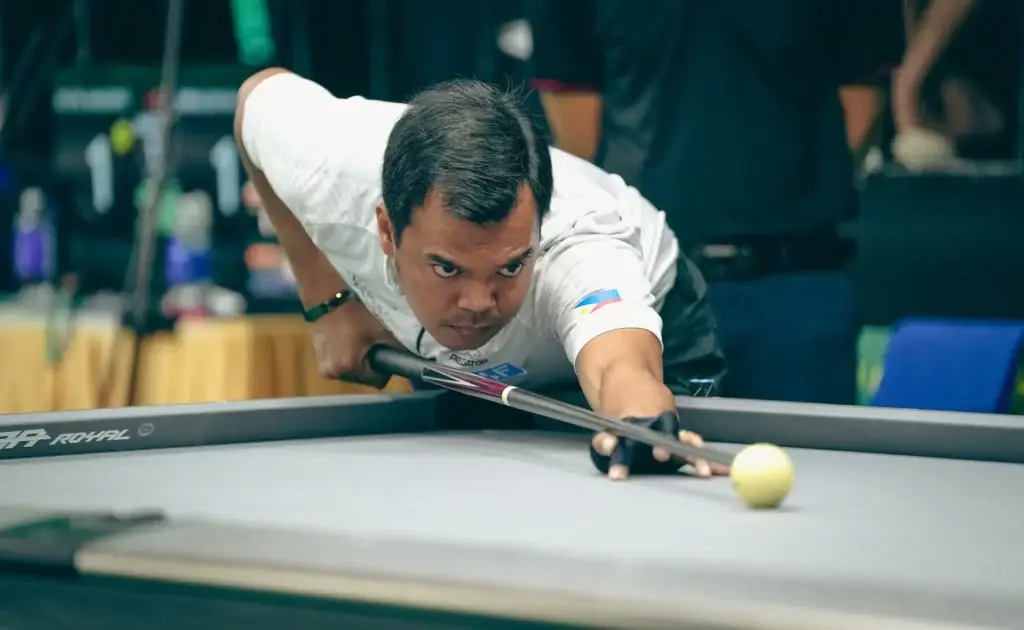 Efren Reyes not only achieved the status of the best billiards player, he also faced many exceptional opponents who challenged him throughout his career. Among the billiards legends against whom the athlete played colorful matches, Johnny Archer and Shane van Boing stand out. These players represented the elite and produced confrontations that captured the attention of millions of spectators.
Efren Reyes not only achieved the status of the best billiards player, he also faced many exceptional opponents who challenged him throughout his career. Among the billiards legends against whom the athlete played colorful matches, Johnny Archer and Shane van Boing stand out. These players represented the elite and produced confrontations that captured the attention of millions of spectators.
Johnny Archer, “The Scorpion,” demonstrated incredible precision and hitting power. His confrontations with Efren Reyes became truly dramatic performances, in which the slightest mistake could cost him the title. Shane van Boing, meanwhile, known for his analytical skills and stamina, faced the great billiards player several times in the most prestigious arenas around the world. Such encounters not only elevated the status of the tournaments but also filled them with spectacle and unpredictability.
Epic Matches That Went Down in History
Some of Efren Reyes’s duels against these opponents have gone down in history as examples of the highest level of billiards play. One of the most memorable matches was against Johnny Archer at the WPA World Championship. The intrigue lasted until the final shot, and Reyes managed to showcase his talent by beating his opponent by a slim margin.
The match against Shane van Boing at the World Pool Cup was no less colorful. During this encounter, the athlete amazed the crowd with his ability to find unconventional angles and overcome seemingly hopeless positions. Each shot by Reyes was like a chess move, while his opponent struggled to maintain focus and balance.
Impact on Opponents and Legacy
Efren Reyes not only inspired the crowd, he also became a role model for his opponents. His game taught them a new approach to strategy and tactics and forced them to rethink their methods and styles. Facing players like Archer and van Boing, the billiards player proved that success depended not only on strength, but also on intelligence and creativity.
These duels marked the history of billiards and enriched it with dramatic elements. The matches showed that the sport can be not only a competition, but a true art that inspires and leaves a lasting impression. Efren Reyes enriched the history of billiards with unique moments that continue to inspire a new generation of players.
Conclusion
 Efren Reyes remains a symbol of excellence in billiards. His story shows that, even in the face of fierce competition, it is possible to maintain one’s individuality and achieve international recognition. Billiards Biography is not only a chronicle of victories, but also a guide to action for those who want to achieve their dreams.
Efren Reyes remains a symbol of excellence in billiards. His story shows that, even in the face of fierce competition, it is possible to maintain one’s individuality and achieve international recognition. Billiards Biography is not only a chronicle of victories, but also a guide to action for those who want to achieve their dreams.








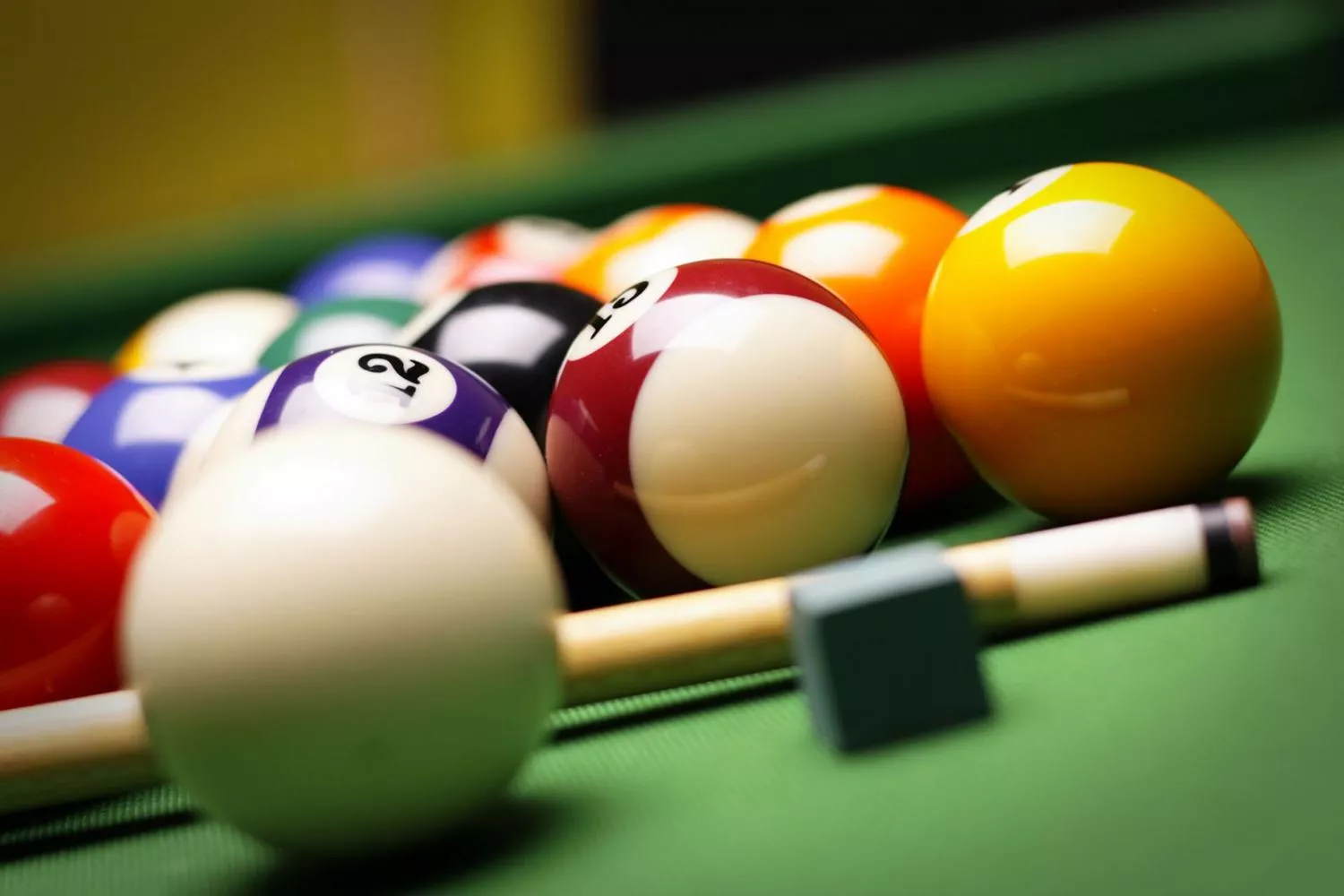
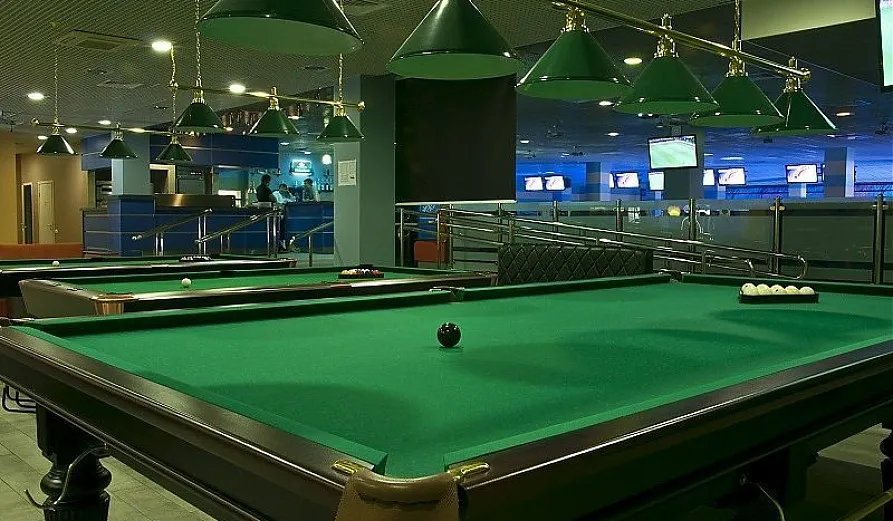 The differences in the equipment of these two formats are also significant. Russian billiard tables are 12 feet long, making them among the largest of all versions of the game. The louzes are small, requiring incredible precision even from experienced players. The equipment of American billiards is very different: the tables are 2.5 to 3.5 metres long and the louzes are wider, making the game much easier to play. The cue of Russian billiards tends to be heavier, with a harder tip, while that of American billiards is lighter and more flexible, which helps to make fast and precise strokes.
The differences in the equipment of these two formats are also significant. Russian billiard tables are 12 feet long, making them among the largest of all versions of the game. The louzes are small, requiring incredible precision even from experienced players. The equipment of American billiards is very different: the tables are 2.5 to 3.5 metres long and the louzes are wider, making the game much easier to play. The cue of Russian billiards tends to be heavier, with a harder tip, while that of American billiards is lighter and more flexible, which helps to make fast and precise strokes.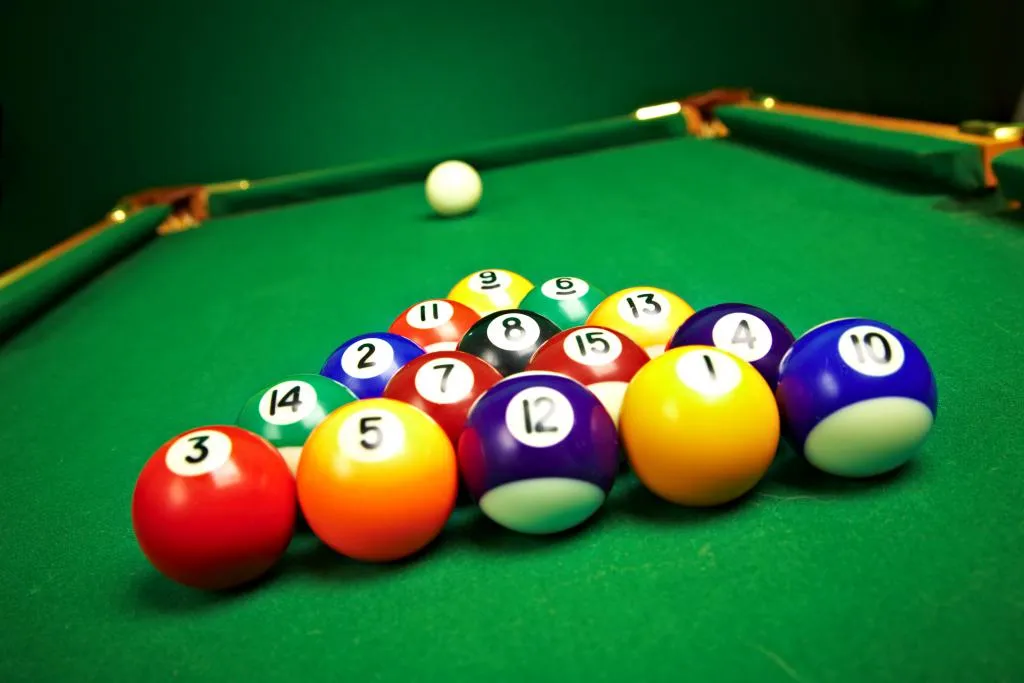 The differences between Russian billiards and American billiards cannot be underestimated: they are two completely different games, each offering its own challenges and fun. Russian billiards is based on patience, precision and strategy, while American billiards is based on speed, fun and dynamism. It is important to understand these differences in order to choose and enjoy the game in the best possible way. Whichever version is preferred, billiards remains a fascinating and versatile game, always providing fun and a chance to improve yourself.
The differences between Russian billiards and American billiards cannot be underestimated: they are two completely different games, each offering its own challenges and fun. Russian billiards is based on patience, precision and strategy, while American billiards is based on speed, fun and dynamism. It is important to understand these differences in order to choose and enjoy the game in the best possible way. Whichever version is preferred, billiards remains a fascinating and versatile game, always providing fun and a chance to improve yourself.
